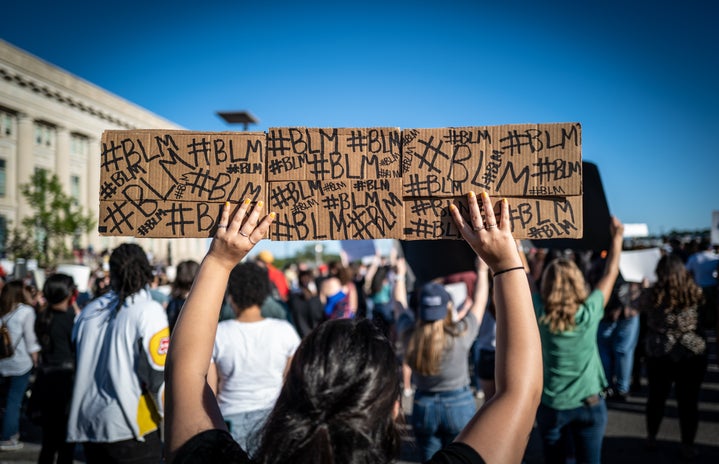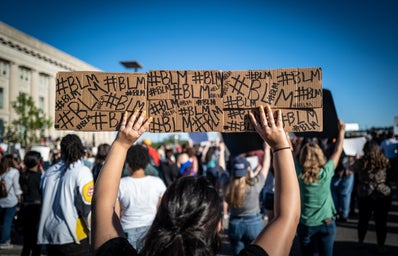The Kyle Rittenhouse trial in Wisconsin, USA has created another drop in the sea of endless tragedies that have shaped US gun control policy debates. As reported by the BBC, Rittenhouse attended protests in Wisconsin in August 2020 that took place following the shooting of Jacob Blake by police. According to a New York Times article, Rittenhouse was guarding a car dealership, although no evidence exists to say he was asked to guard the site. Later, video footage from the day shows Rittenhouse being chased by a group of people when the first shot was fired. While he was running, Rittenhouse fired four more times. In doing so, he killed two men and injured at least one other, leading to two first-degree homicide charges. On November 19th, Rittenhouse was acquitted of these charges.
Rittenhouse’s case has not only prompted a more thorough look into self-defense laws, but also catalysed a heated debate on gun control and the impact of racial bias on current gun control laws. Given Wisconsin’s self-defense rules and the state’s legislation on open carry (outlined by the New York Times here), it is unsurprising that Rittenhouse went free. However, his case has shown the consistent battle that US citizens, and particularly people of color, face regarding the second amendment and gun rights in the country.
Temporarily ignoring the multitudinous issues involved in a 17-year old obtaining an automatic rifle, crossing state lines with it, killing two men, and not going to jail, let us focus for a moment on the undeniable role played by race in the event. The August 2020 protests in Wisconsin were for the death of Jacob Blake, a Black man who was shot in the back by police. Rittenhouse had multiple social media posts outlining his support for the police, even posting “Blue Lives Matter” imagery (a campaign for police following the Black Lives Matter movement). The conversation about whether a young man of color who had committed the same crime would have been treated with comparable leniency to Rittenhouse is laughable at best, and extremely problematic at worst. The forbearance shown by US courts in favoring young white men in crimes of varying severity is a pattern that has been only made more obvious with Rittenhouse’s acquittal. Not to mention, Rittenhouse would never have even had a chance to attend such a protest had it not been for Blake’s death. It would seem that with each death, the cycle of racial injustice and bias is perpetuated.
Growing up in the US education system, I went to school following the Sandy Hook shooting. Following the Aurora, Colorado shooting. Following the Parkland shooting. I sat through active shooter drills and a school-wide lockdown after someone mistook an insulin pen cap for a bullet. At every major point, after each of these shootings, and especially after the Black Lives Matter protests, I have tried to maintain hope that gun legislation would be passed. While the Rittenhouse case clearly highlights the issues with stand-your-ground laws and self-defense legislation, it would seem that this ruling will continue to have little effect on the actual passing of gun laws. For the people of color who have been calling for change, long before school shootings were a consistent presence in students’ lives, this ruling is also a continuation of discrimination. Court precedent following this case opens the door for many more self-defense arguments to be made and, ultimately, more tragedies to occur. The consequences of this case go far beyond a 17-year old with an assault rifle, and underline a larger commentary on the US’s clear nexus between the desires of citizens and the continual, unchanging second amendment support from the courts. One has to wonder how many deaths, especially of people of color, have to occur before gun legislation has a chance of getting passed.


